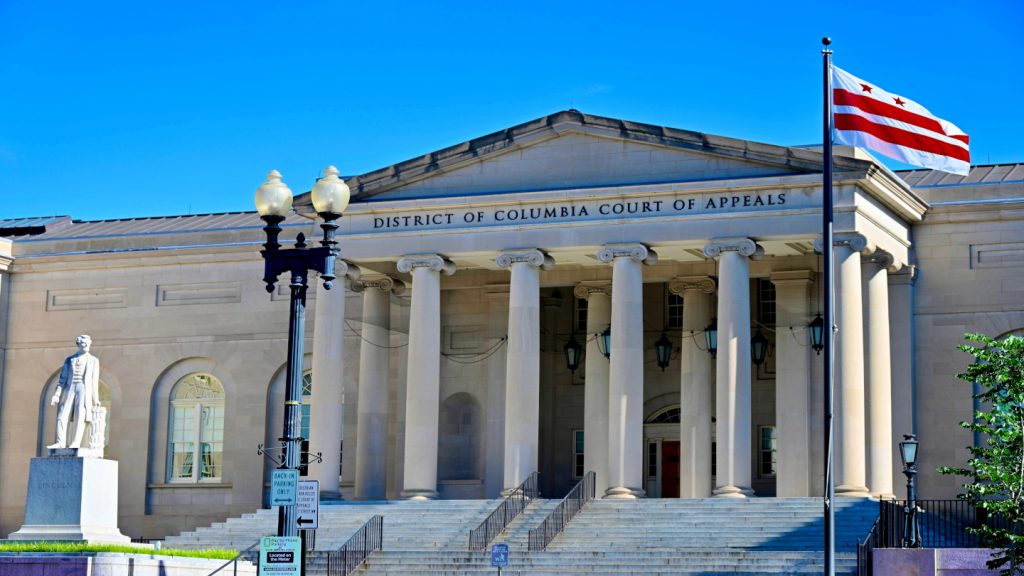The Office of the Attorney General (OAG) for the District of Columbia has filed a lawsuit against US company Fort Myer Construction for allegedly violating environmental laws.
The lawsuit alleges that the company has been contaminating the district's stormwater system with pollutants, in direct violation of the Water Pollution Control Act (WPCA).
This legal action underscores the government's commitment to safeguarding public health and the environment against corporate negligence.
Since as early as 2015, Fort Myer has been accused of allowing petroleum-contaminated runoff from its Ward 5 storage and maintenance yard to enter the district's stormwater sewer.
This has led to the pollution of local waterways, including the Springhouse Run stream, which ultimately feeds into the Anacostia River, which is home to several species of fish, birds and animals. The river is also the main water source for more than one million people.
The lawsuit follows years of reported regulatory noncompliance by the company, despite multiple warnings and directives from the district's Department of Energy and the Environment (DOEE).
The OAG is pursuing financial penalties for the alleged violations of the WPCA, demanding a jury trial.
Attorney General Brian Schwalb said: "For years, Fort Myer Construction threatened district residents’ health and safety by polluting our waterways in blatant violation of environmental laws.
"The company ignored repeated orders from DC agencies to clean up its facility and obtain proper permits, choosing instead to put its profits over the protection of DC’s critical natural resources."
The DOEE's repeated inspections of Fort Myer's facility over an eight-year period resulted in a series of infractions, warnings, and orders.
The company was directed to apply for the necessary discharge permit under the federal Environmental Protection Agency's Multi-Sector General Permit program but apparently failed to do so.
The lawsuit seeks to hold Fort Myer accountable for its continued noncompliance with local and federal environmental regulations.









